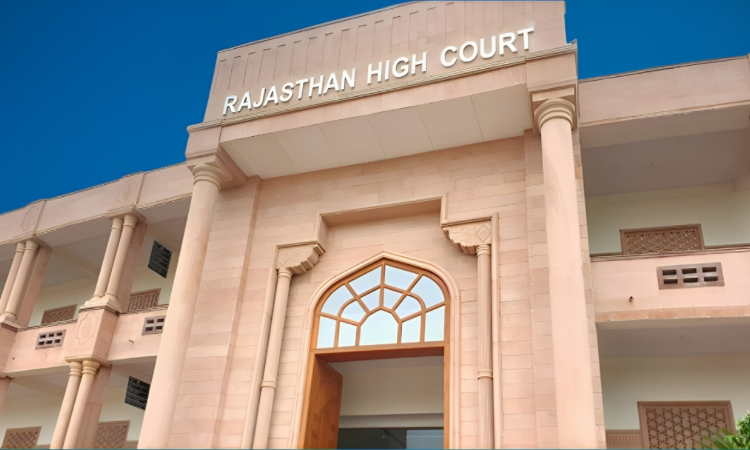Priyanshu
On 23 July 2024, In a significant ruling , the Rajasthan High Court intervened to secure the appointment of a woman who was denied a Geologist position solely due to being 1 cm shorter than the height stipulated in non-mandatory guidelines. They held that champions meritocracy and challenges discriminatory practices . The Court’s decision underscores the importance of prioritizing qualifications and merit over arbitrary physical attributes in the recruitment process.
In the instant case, the petitioner, Monika Kanwar Rathore, successfully cleared all examinations and interviews for the Geologist post but was denied an appointment due to her height falling short by 1 cm of the requirement mentioned in certain guidelines.
The Court emphasized that neither the official advertisement nor the Rajasthan Mines and Geological Service Rules, 1960, which govern the position, specified any height criteria. Additionally, the Court held that the guidelines cited by the respondents were merely advisory and lacked the legal authority to override the statutory rules.
The Court’s decision was rooted in the principle that physical attributes, such as height, should not be a barrier to employment unless directly relevant to job performance. The ruling sets a precedent against discriminatory recruitment practices and emphasizes evaluating candidates based on merit and qualifications.The instant judgment reinforces that recruitment criteria should be directly related to job requirements and not based on arbitrary physical attributes. It further, highlights the importance of adhering to statutory rules and regulations over non-mandatory guidelines.
The ruling serves as a reminder to employers and recruiters to avoid discriminatory practices and ensure fair and equitable recruitment processes. The case underscores the judiciary’s role in upholding meritocracy and challenging discriminatory practices in employment.
Case Name: Monika Kanwar Rathore v. State Of Rajasthan and Ors.
Case Number : Civil WP No. 12884/2019
Bench : Hon’ble Mr. Justice Farjand Ali

